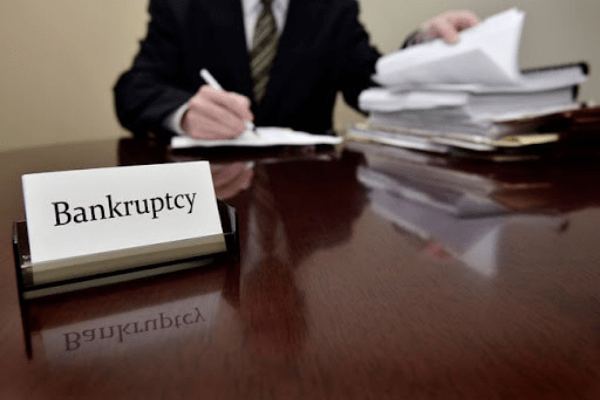A bankruptcy attorney is a legal expert whose essential center is to help the clients through court proceedings to pay off or assume obligations or to pursue bankruptcy. Bankruptcy lawyers can work for both people and companies.
They have the freedom to address individuals or corporate account holders, individual or corporate creditors, bankruptcy trustees, and loan administrators’ advice.
His work involves internal and external methodology. Outside the courtroom, Bankruptcy Lawyers inform their clients of the ins and outs of bankruptcy laws and advise them to pay their obligations through the exchange of funds and the payment of tenants. Aside from that, they can also chip along the edge of creditors, striving to separate how much money owed, as could be expected from their borrowers. In court, Bankruptcy Lawyers can fight for their client or present a mandatory renewal plan for the court to endorse.
What Is Bankruptcy Attorney
In the beginning, a bankruptcy attorney is there to guide one about the interaction of bankruptcy and whether it is right for one. They serve to help one investigate the obligations and resources and decide whether bankruptcy is the best way to help one or whether a more astute methodology is to strive to improve the conditions from an alternative point.
For example, the main part of the obligations may be those ineligible for bankruptcy collateral, substitute loans, and an attorney can help one assess whether one would profit from bankruptcy.
After Choosing The Plan
Whenever one has chosen the specific recording plan, an attorney can help one decide on the main choices. For example, if one registers for section 7, a lawyer can provide the most ideal options for maintaining any resources that one prefers not to lose to help pay offending creditors.
If one document for part 13, a lawyer can work with one to define an ideal installment plan that one would have the option of managing. Lawyers can also help one to consider parts of the bankruptcy, for example, the effect on the co-underwriters on any claims that will be included in the bankruptcy declaration or whether they must document each other with a spouse or as a person.
To be a reliable guide to this part of the dynamic, a lawyer needs to have an intensive understanding of government bankruptcy laws.
The Documentation Cycle
During the documentation cycle, the lawyer will help one accumulate and configure essential administrative work, which largely focuses on the payment, resources, obligations, and costs. When reports are filed and bankruptcy is pending, the attorney will be the critical guide to ensuring that one documents any extra files and react to important cut-off deadlines on time.
Bankruptcy And Court Hearings
Bankruptcy requires court hearings, including a meeting of the tenants, and the attorney will approach one with this methodology and ensure that the overall benefits are sought. This is an explanation that it is essential to have a lawyer with in-depth information on the methodology of the local court and bankruptcy administrators there because approaches can change from one area to another.
These hearings can be particularly noteworthy if one of the creditors questions the documentation, making the attorney’s experience and understanding of the particular case urgent.
The Fulfillment Of Doubts
Throughout the process, Fort Lauderdale’s bankruptcy attorney should be readily available when one has questions or needs an attorney while exploring the interaction. Bankruptcy can be a difficult and disconcerting experience; however, a decent lawyer can bring some clarity and comfort and help ensure that it fulfills the central need – helping one to regain the monetary balance.






